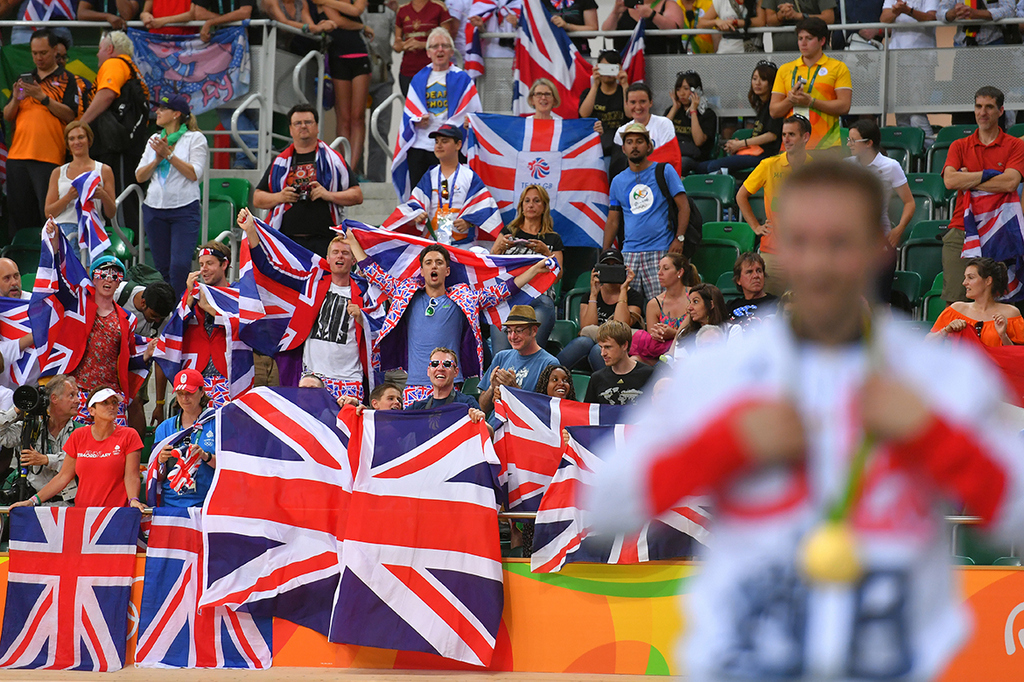Olympic medal 'obsession' at heart of British Cycling culture clash?
UK Sport overlooked warning signs ahead of Rio

An 'obsession' with beating Great Britain's London Olympic tally in Rio may have led UK Sport to overlook deepening issues within British Cycling's high performance programme that culminated in an independent investigation following Jess Varnish's allegations of sexism and bullying.
Varnish dropped from Great Britain track squad ahead of Olympics
Jess Varnish makes sexism allegations against Shane Sutton
British Cycling sexism and discrimination crisis - Timeline
British Cycling accused of burying 2012 report detailing bullying
Independent review into British Cycling makes for 'uncomfortable reading' - Report
The independent report, partially leaked last week, revealed that a 'culture of fear' in British Cycling had been left to fester for years.
"Since the late 2000s cracks, in terms of the climate and culture, have been present," the draft report noted. "Instead of being repaired as they should have been, those cracks were ignored in pursuit of medal success."
The Guardian reports today that UK Sport, which should have steered British Cycling to correct the problems, went easy on them instead because cycling, specifically track cycling, was the country's top medal earner in the 2008 and 2012 Olympic Games (14 and 12 medals, respectively).
Sources within UK Sport and the English Institute of Sport described to the Guardian a UK Sport performance department under director Simon Timson and deputy director Chelsea Warr that was obsessed with beating the London medal count in Rio. Because cycling was so crucial to that goal, they felt compelled to tread lightly.
"With cycling, the UK Sport governance team felt they couldn't ever go firm on them on any issue because they would come under pressure from the performance guys if they started poking around too much," a senior official said. "No one wanted to disrupt the medal factory. It had the status of a special sport."
Varnish and Victoria Pendleton were on target to earn a medal in the team sprint in London, but were disqualified due to a faulty exchange in the first round. In the build-up to Rio, Varnish led the sprint team after Pendleton's retirement, but the country failed to qualify a spot in the event. Varnish was vocal in her criticism of the coaches' strategy for qualification, and was summarily dismissed from the programme.
The latest race content, interviews, features, reviews and expert buying guides, direct to your inbox!
The independent report noted that it "did not find explanations convincing from coaching-staff that she could go from being a border-line Olympian (in fact, potentially an Olympic medallist) to not being good enough… within a week".
The independent report, according to The Guardian, was also critical of UK Sport because it "did not dig deep enough into the cultural reality of the World Class Performance Programme". However, UK Sport insists it was not made aware of the problems.
"We completely refute the allegation that senior figures in our performance team did not want anything to get in the way of the people deemed to be delivering the medals. This is simply not the case. It is widely known within the high performance system that the Mission process includes a focus on athletes, system and climate," UK Sport said to The Guardian.
